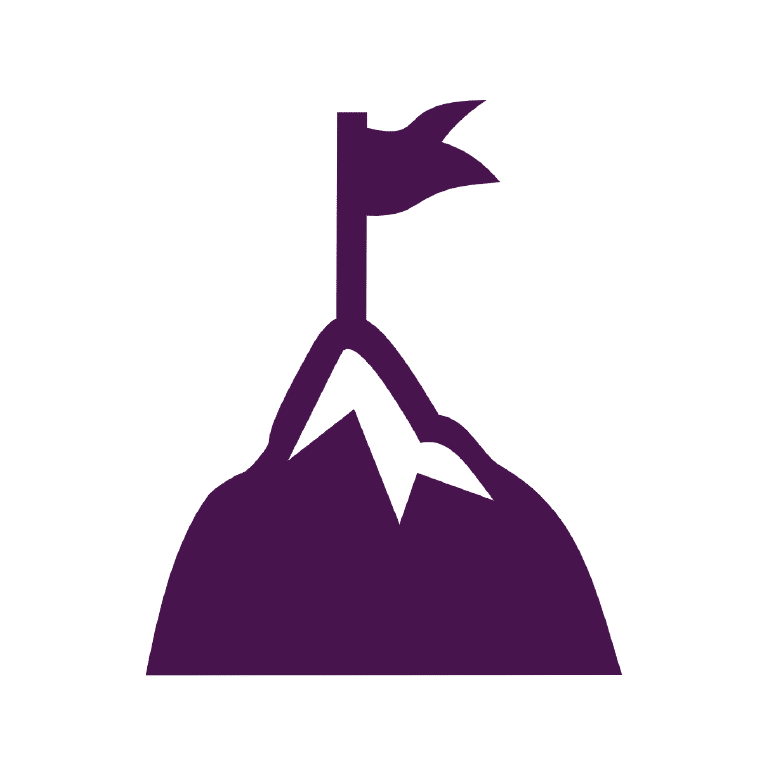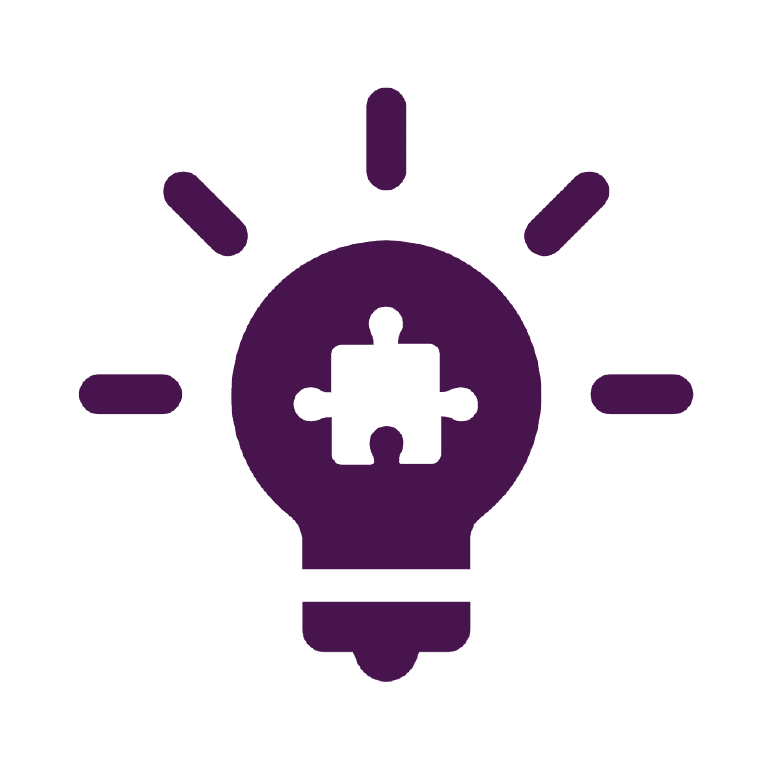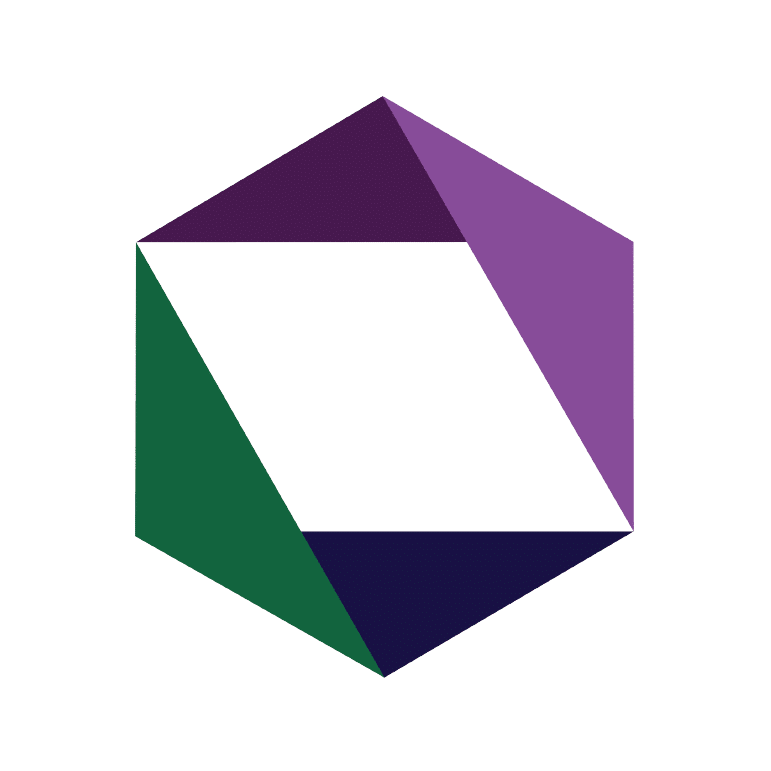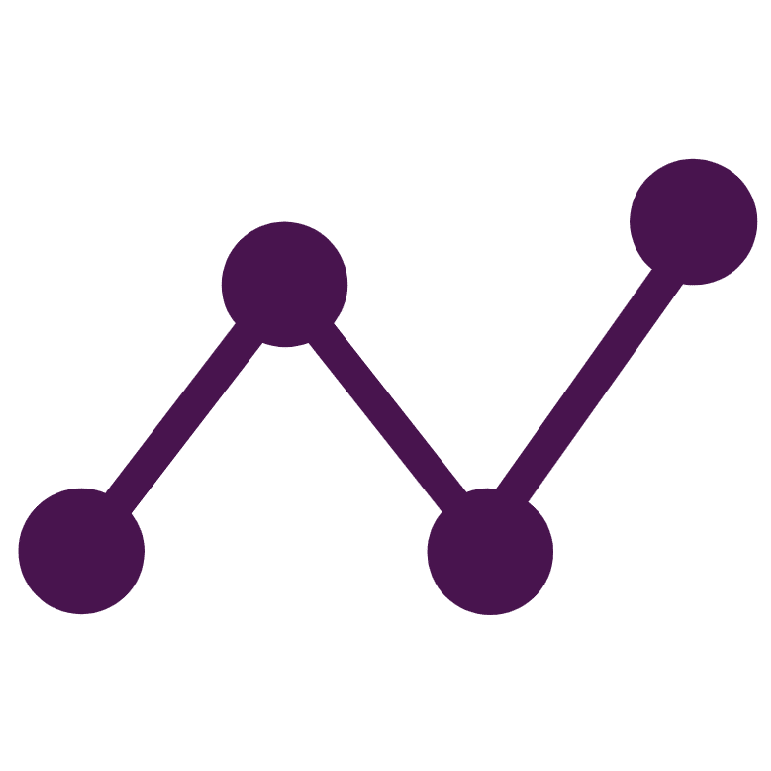
The Challenge
An industry-leading product testing organization was seeking the ability to quickly and efficiently gain an understanding of their knowledge management (KM) current state, and subsequently develop a foundational strategy to reach their desired state and a roadmap with which to execute it. The organization comprises tens of thousands of employees with subsidiaries located in at least 50 countries across 5 continents, generating billions in total global revenue annually.
Much of the growth this organization has experienced in the last few decades can be attributed to mergers and acquisitions of other organizations working in similar or adjacent lines of work. While there were processes and procedures implemented to ensure high-level revenue and financial integration during these mergers and acquisitions, there were minimal, if any, processes and procedures for ensuring technical and business synergy. As a result, their current KM landscape was siloed and fragmented, hosting many incompatible systems across business units and regions, as well as many divergent cultures, languages, and processes.
These technical and non-technical inconsistencies have initiated or exacerbated problems across the enterprise. From a technical perspective, there is no enterprise IT team, nor any standardization of system usage, meaning different regions and business units have access to different tools that often aren’t compatible. This makes sharing content and information across adjacent units and regions, as well as contacting colleagues from another unit or region, very difficult. Additionally, due to a lack of standardization, there are few governance processes in place for uploading, updating, storing, and archiving content, and as a result, there is a proliferation of outdated or duplicate content. In turn, content can be extremely hard to locate without knowing where it was previously stored or knowing who owns it. There are also many cultural differences between teams, as well as language barriers between different regions which lead to discrepancies and inefficiencies.
This organization was seeking an analysis of their KM current state from both a technical and non-technical perspective, highlighting existing pain points and technical deficiencies to then inform targeted recommendations on how to most effectively transform their KM environment, make operational workflows and day-to-day responsibilities easier for employees, and ultimately save the organization time and resources.

The Solution
This organization originally found EK using the KM Maturity Self-Assessment, which served as EK’s initial insight into the company and acted as the first input for both the KM Survey Report and KM Strategy Workshop Report. EK began the engagement by conducting various knowledge gathering activities, including interviews and focus groups, to assess the organization’s KM environment at a high level. In order to maximize the efficiency of client resources, EK developed and delivered a KM survey to a wider base of stakeholders to further identify their current KM strengths, challenges, areas for improvement, and priorities as cost-effectively as possible. The outputs of this time-saving survey were then compiled into a KM Survey Report.
Leveraging the KM baseline established by the report, EK planned and conducted a series of KM Strategy workshops in four 4-hour sessions over the course of 2 weeks, facilitating a total of 16 hours of activities with participants and accelerating the knowledge gathering process. These workshops resulted in a comprehensive KM Strategy Workshop Report and Roadmap that included targeted recommendations on how to achieve this organization’s desired target state, emphasizing quick wins and immediate benefits.

The EK Difference
EK began by engaging stakeholders at every level of the organization through interviews, focus groups, and a KM survey to quickly obtain a comprehensive understanding of the organization’s current capabilities. The interviews and focus groups were highly beneficial to this engagement as they allowed EK consultants to engage directly with stakeholders to uncover common problems and elicit consistent themes throughout the process. Because the organization comprised thousands of employees, interviews and focus groups were not enough to obtain a representative sample size. For this reason, EK also created and delivered a KM survey that was distributed to significantly more employees to increase representation and maximize EK’s time with the client. EK worked directly with the primary points of contact from the organization to specifically tailor the survey questions to relevant issues that they had been facing from all across the organization in order to streamline responses and ensure the results were immediately actionable. As a result, EK was able to obtain high qualitative value from direct interactions in the interviews and focus groups, as well as quantitative data and insights from the KM survey, creating a more comprehensive understanding of the organization’s challenges in a shorter period of time.
Further, the KM Strategy Workshops included facilitated lectures and interactive activities on Knowledge Management (KM), Agile, KM Objectives and Success Criteria, KM Challenges and Prioritization, Personas, Content Strategy, Taxonomy Design, Search Design, Governance, Change Management, and Organizational Challenges and Solutioning. These activities were designed to not only inform participants on these subject areas and the value they can provide to an organization, but also to encourage them to engage with one another interactively in applying these concepts to the actual problems they had been facing on a daily basis. By doing so, employees were simultaneously able to see tangible value in the KM solutions and concepts they were learning about, as well as garner enthusiasm and buy-in towards them because of the challenges they could potentially resolve. Furthermore, EK discovered tremendous value in bringing together stakeholders from across the organization, varying in geographic location, business unit, tenure, and experience level, to solve KM challenges together. This resulted in stakeholders finding common ground with one another and uncovering enterprise challenges that were applicable to all levels of the organization, demonstrating the immediate value of KM.

The Results
The results of this workshop, as delivered in the KM Strategy Workshop Report and Roadmap, were targeted recommendations in the form of KM solutions that, with the right investment and execution, can solve all or many of the KM challenges that the organization had been facing. These recommendations were broken down by priority and used realistic constraints such as budget, time, and resourcing. Key success outcomes of the engagement include:
- The KM Survey Report allowed this organization to obtain a broad view of KM needs and challenges from across the organization, as well as tailor the workshop activities and inputs to be organizationally specific and highly applicable to real-world use cases.
- The KM Strategy Workshop Report and Timeline provided a comprehensive overview of all the insights and outputs obtained by EK during the engagement. This included workshop activities and outputs, pain points and areas for improvement, pointed recommendations for how to most effectively progress towards their technical and non-technical KM Target State, and an actionable roadmap that integrated and depicted these recommendations in tandem with one another. This was also instrumental in aligning the stakeholders on where to go from here, reiterating next steps and focusing on expediting an increase in the awareness of KM and its value across the organization.
EK also developed starting points for a business case and further investment in KM by building an excellent relationship with the client and organization as a whole, garnering extensive positive feedback from interview, focus group, and workshop participants as well as buy-in from key stakeholders involved with the engagement. The workshop sessions equipped participants with an agreed-upon definition of KM and an understanding of where it can provide support in their daily work, pushing leadership to strongly consider future KM initiatives. Overall, EK was able to rapidly foster significant organizational interest in and awareness of KM and the KM solutions offered by EK.
